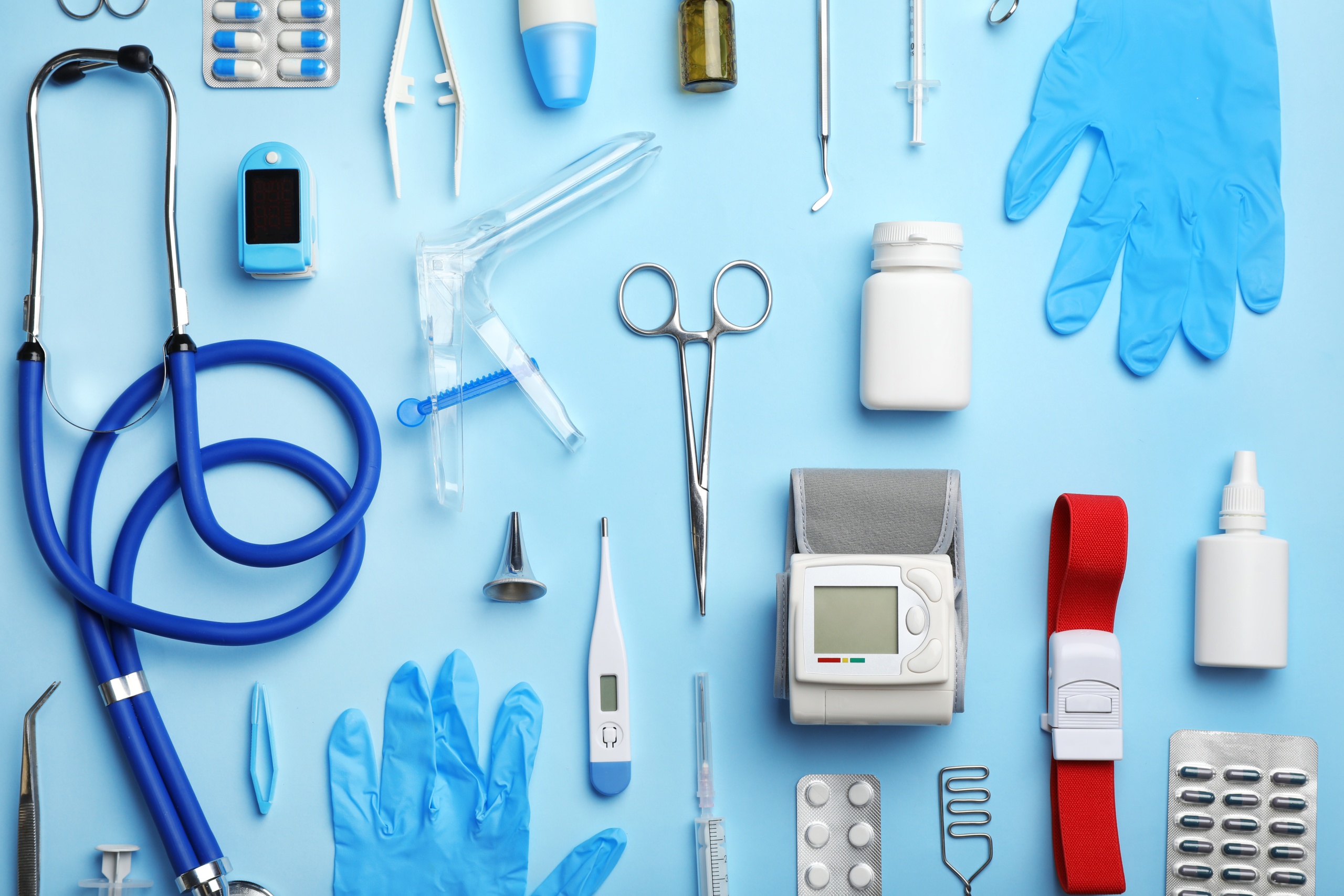The Approval Process for Medical Devices
The approval process for medical devices is rigorous, involving a thorough review of scientific evidence to ensure that a device is safe and effective for its intended use. This is particularly relevant for devices used in sensitive areas of medicine, such as spine surgery, where the precision and reliability of implants and other medical devices are paramount. Spine specialists and surgeons rely on the FDA’s regulatory oversight to ensure that the tools and implants they use meet the highest standards of quality and safety.
The Role of In-Home Care in the Regulatory Framework
In-home care devices, ranging from simple aids to more complex monitoring and therapeutic devices, also fall under the FDA’s purview. The regulation of these devices ensures that patients receiving care at home are afforded the same level of safety and efficacy as those in more traditional healthcare settings. This is especially important as the trend towards in-home care grows, with a focus on enabling patients to manage chronic conditions and recover from surgeries, including spine procedures, in the comfort of their own homes.
The FDA’s Impact on Spine Surgery
For spine specialists and surgeons, the FDA’s regulatory framework provides a foundation of trust and reliability in the tools and implants they use. From spinal fusion devices to artificial discs, the FDA’s approval process ensures that only those products that have been rigorously tested and proven safe and effective are made available. This regulatory oversight is crucial in spine surgery, where the precision of the device can significantly impact the outcome of surgical procedures.
Conclusion: Ensuring Safety and Fostering Innovation
The FDA’s role in regulating medical devices is a critical component of the healthcare system, ensuring that all medical devices, whether used in hospitals, specialized surgeries like spine operations, or in-home care, adhere to the highest standards of safety and efficacy. By maintaining a rigorous approval process and conducting regular inspections, the FDA not only protects public health but also supports innovation in medical technology. This dual focus on safety and innovation is essential for advancing healthcare and providing patients with access to the latest and most effective treatments.
As the healthcare landscape continues to evolve, with advances in technology and a growing emphasis on personalized and in-home care, the FDA’s regulatory framework will continue to play a vital role in shaping the future of medical device development and use. For patients, healthcare providers, and medical device manufacturers, understanding the FDA’s regulatory requirements is key to navigating the complex world of medical devices safely and effectively.




